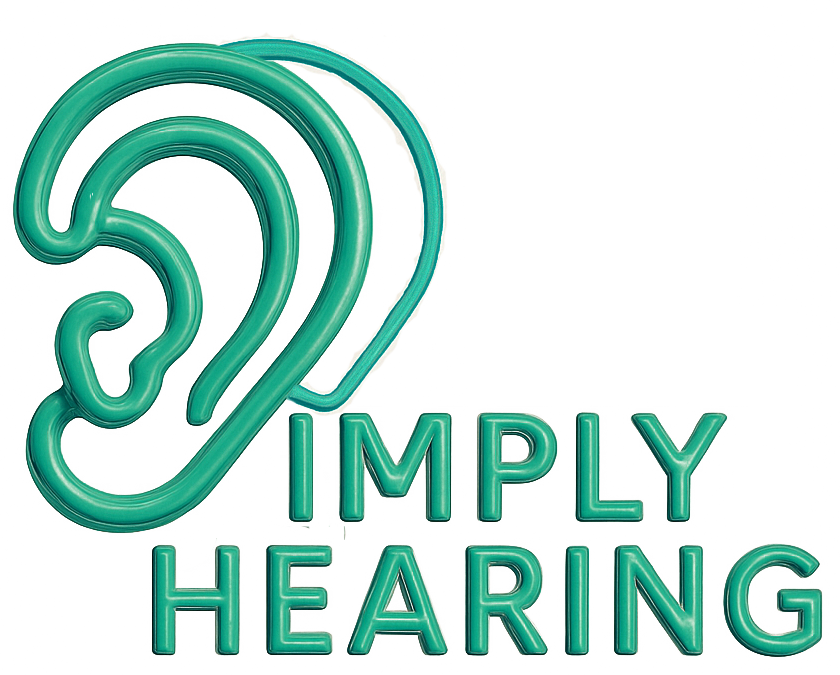Hearing is one of the five essential senses that connects us to the world, yet it often goes unnoticed until it’s gone. For millions of people around the globe, hearing loss is an invisible battle fought in silence. Unfortunately, when left untreated, it doesn’t just affect the ability to hear — it affects mental health, relationships, and overall quality of life. In this blog, we delve into the profound consequences of untreated hearing loss and why addressing it early is crucial.
The Silent Onset of Hearing Loss
Hearing loss rarely happens overnight. It usually develops gradually, making it easy to dismiss or overlook. People often attribute early signs to external factors such as background noise or temporary fatigue. By the time they recognize the problem, significant damage may have already occurred.
Common Early Signs:
- Frequently asking others to repeat themselves.
- Struggling to follow conversations in noisy environments.
- Turning up the volume on TVs or radios louder than usual.
- Withdrawing from social activities due to difficulty in communication.
The Hidden Consequences of Untreated Hearing Loss
Hearing loss isn’t just about the ears; it’s about the mind and heart too. Research has shown that ignoring hearing issues can lead to several severe consequences.
1. Cognitive Decline
Studies suggest a strong link between untreated hearing loss and cognitive decline, including dementia. When the brain has to work overtime to process distorted sounds, it has fewer resources available for memory and thinking.
2. Mental Health Challenges
Isolation and frustration are common among those with untreated hearing loss. Struggling to communicate can lead to feelings of loneliness, anxiety, and depression. Over time, this emotional toll can significantly affect mental well-being.
3. Strained Relationships
Communication is the foundation of any relationship. When hearing loss makes conversations difficult, misunderstandings and frustration can arise, straining personal and professional relationships alike.
The Importance of Early Intervention
The good news is that hearing loss is manageable when addressed early. Regular hearing tests, hearing aids, and other assistive technologies can dramatically improve quality of life. Moreover, addressing hearing issues early can help prevent many of the associated cognitive and emotional consequences.
Benefits of Early Treatment:
- Improved communication and social interaction.
- Better mental and emotional well-being.
- Reduced risk of cognitive decline.
- Enhanced overall quality of life.
Overcoming the Stigma
One of the biggest barriers to seeking help is the stigma associated with hearing loss. Many people fear looking old or weak by wearing hearing aids. However, modern hearing technology has evolved significantly, offering discreet and highly effective solutions. Raising awareness and normalizing hearing health can help more people seek the help they need.
Conclusion
Hearing loss may be silent, but its impact resonates loudly through every aspect of life. By recognizing the early signs and prioritizing hearing health, we can prevent the profound consequences that come with untreated hearing loss. If you or someone you love is struggling, remember: it’s never too early to listen to the signs and seek help.

